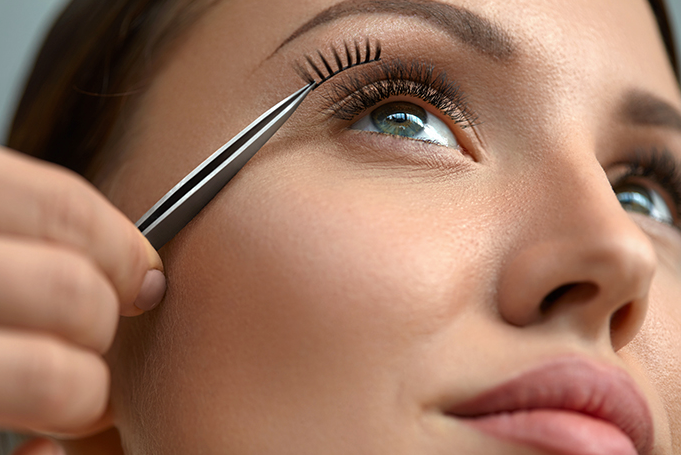What is Hyperpigmentation?
Hyperpigmentation is a common skin concern that can affect anyone regardless of age, gender, or skin type. It causes areas of the skin to become darker than the surrounding skin & can occur in small patches or cover large areas of the skin.
Causes of Hyperpigmentation
-
Sun damage: Overexposure to the sun's UV rays can cause the skin to produce an excess of melanin, resulting in dark spots or patches.
-
Hormonal changes: Hormonal changes during pregnancy, menopause, or while taking birth control pills can trigger hyperpigmentation.
-
Inflammation: Inflammatory skin conditions such as acne, eczema, or psoriasis can cause hyperpigmentation.
-
Certain medications: Some medications, such as chemotherapy drugs, can cause hyperpigmentation as a side effect.
Hyperpigmentation Treatment Options
-
Topical treatments such as hydroquinone, retinoids, and alpha-hydroxy acids (AHAs) can help to lighten dark spots and even out skin tone. These treatments work by inhibiting the production of melanin and promoting cell turnover.
-
Chemical peels involve applying a chemical solution to the skin, which causes the outermost layer of skin to peel off, revealing brighter, more even-toned skin underneath.
-
Laser treatments use intense pulsed light (IPL) or fractional laser technology to target hyperpigmentation, breaking up the excess melanin and stimulating collagen production.
-
Microdermabrasion/Micro-needling involves using a special tool to remove the outer layer of dead skin cells, revealing brighter, more even-toned skin underneath.
-
Sun protection: Protecting your skin from the sun's harmful UV rays is crucial to preventing and treating hyperpigmentation. Wearing a broad-spectrum sunscreen with an SPF of at least 30, avoiding the sun during peak hours, and wearing protective clothing can all help to prevent further damage.
While it can be frustrating to deal with, there are several treatment options available to help lighten dark spots and even out skin tone. If you're struggling with hyperpigmentation, consider speaking with a dermatologist to determine the best course of treatment for your specific needs. And remember, protecting your skin from the sun is key to preventing further damage and maintaining a healthy, even complexion!





